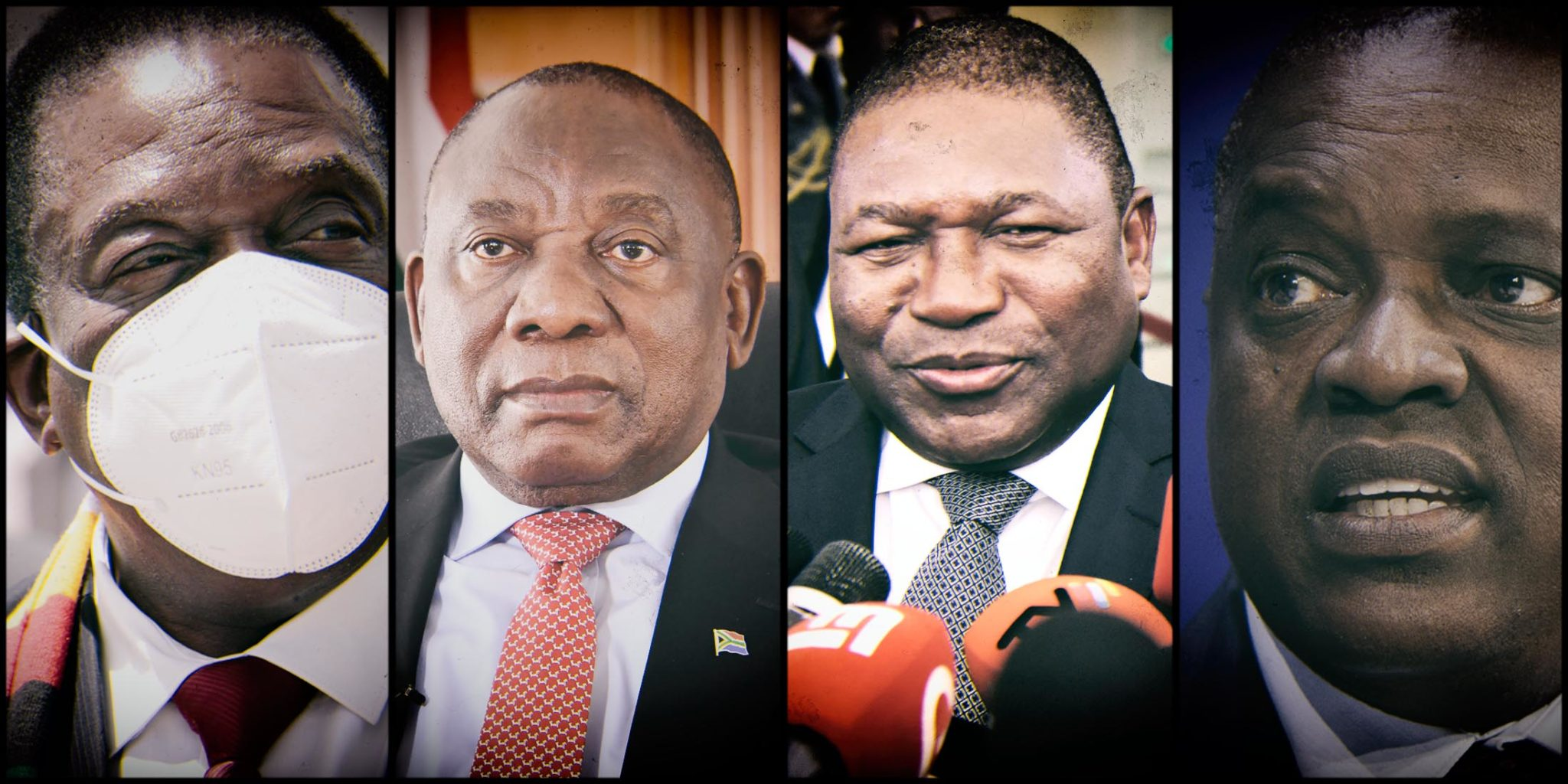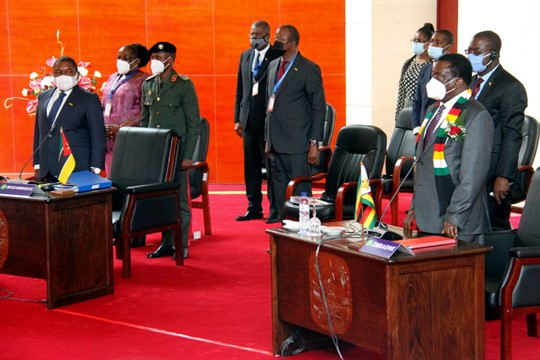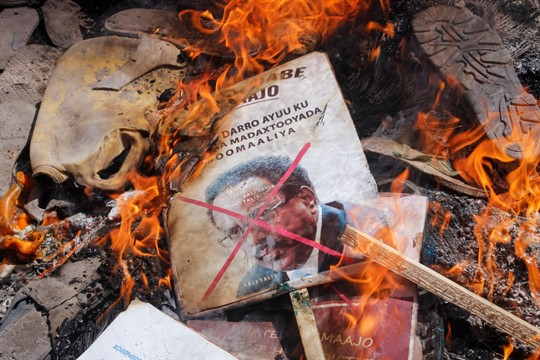Kenya revises refugee camp closure to June 2022
Kenya on Thursday rescheduled its planned closure of refugee camps to June next year, following discussions with the UN Refugee Agency to stagger the shut-down.
As such Kakuma and Dadaab Refugee camps will be closed down by June next year, allowing refugees time to leave gradually rather than in masses.




